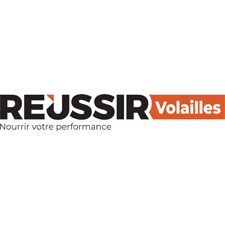The press is talking about it

On this page, you will find a selection of media articles. These refer to our know-how, our products and our digital tools. These publications allow us to make technicians, breeders and the general public aware of the thermal comfort of livestock.
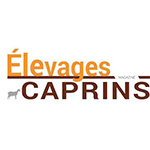
When your smartphone alerts you to heat stress
Élevages Caprins magazine talks today about our Thermo®Tool app, the app that calculates heat stress levels on farms.
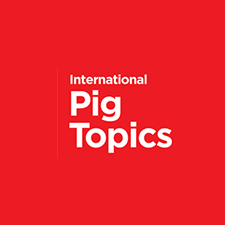
Hot weather performance
High heat is not without consequences for livestock. In order to ensure their thermal comfort, to support the breeding performance and to ensure the income of the breeder, it is essential to set up a complete feeding and breeding management strategy.
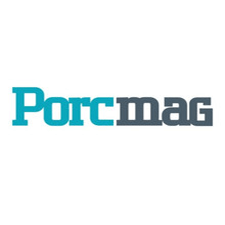
CCPA creates a website on heat stress
To help farmers assess and anticipate the risk of heat stress on their farms, the service company CCPA has created the smartphone application ThermoTool.
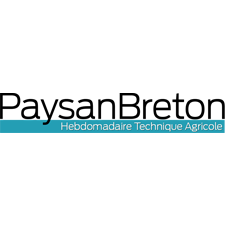
Monitoring heat stress on your smartphone
The ThermoTool application allows you to see at a glance the impact of current temperature and humidity conditions in your barn on your animals.
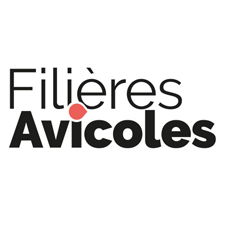
Thermo®Poultry limits the impact of heat stress
Deltavit launches Delta Thermo Poultry, a nutritional speciality that naturally reduces the consequences of heat stress on poultry comfort and zootechnical performance.
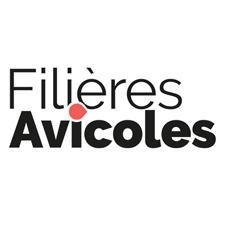
Nutrition and societal expectations
The service companies are the R&D units for animal nutrition. Equipped with research resources, laboratories, experimental stations and pilot farms, they are attentive to the sectors. They analyse societal expectations and implement research and testing programmes to meet them. Welfare, demedication, protein independence and environmental footprint, each subject finds an interpretation and a variation in the services they offer to feed manufacturers and production groups.
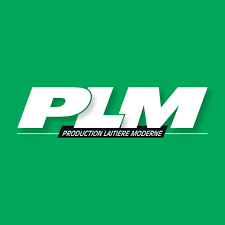
Heat stress: Nutritional news
From 22° C at 50% humidity, cows suffer the effects of heat stress. In addition to adapted practices, nutritional solutions can help.

